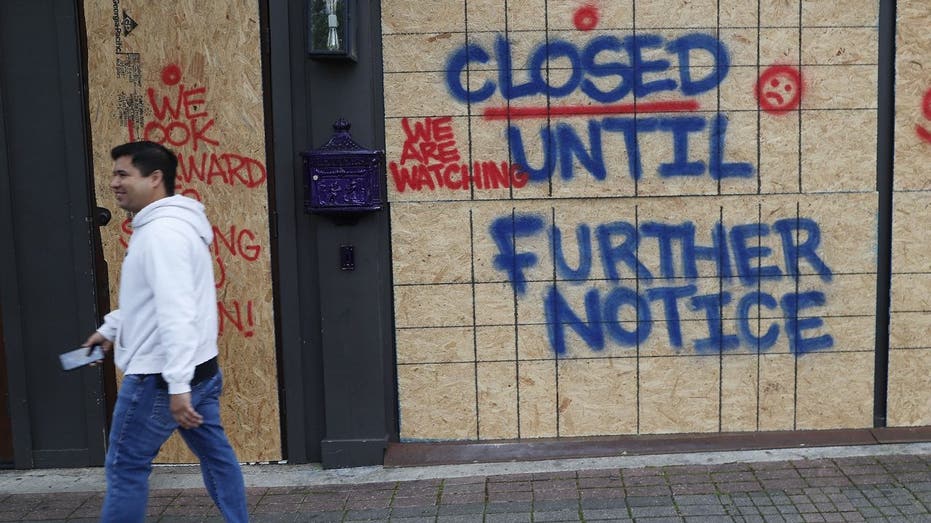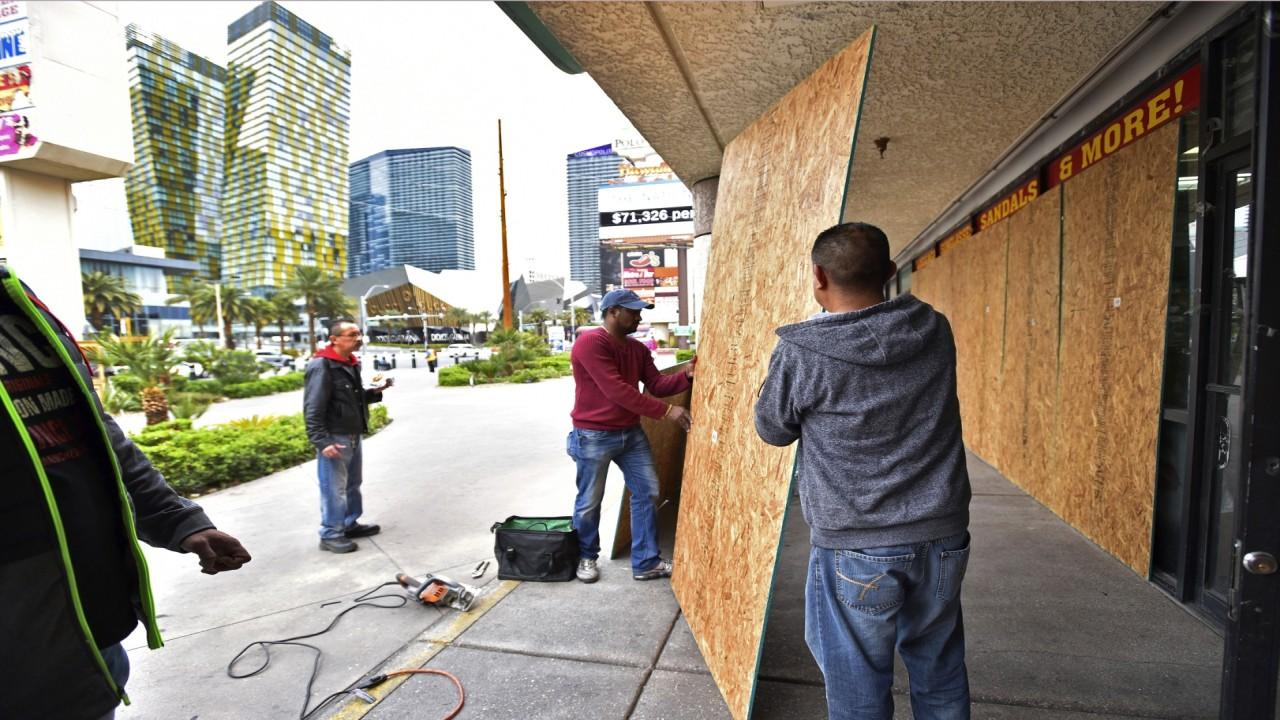Coronavirus crisis – Can businesses skip rent in April?
April 2020 is unlike any month in our lifetime
Get all the latest news on coronavirus and more delivered daily to your inbox. Sign up here.
April 1 marks the beginning of a new month. It also means that a new lease or rental payment for small and large businesses around the United States is due. But April 2020 is unlike any month in our lifetime. Businesses are closed and a majority of Americans are practicing social distancing and sheltering at home due to the coronavirus pandemic.
So what should businesses do about those hefty rent payments? Can they refuse to pay?
Before we answer that question, consider this. Real estate and how much rent you pay has always been a function of location, location, location. The location typically determines among other things, how much visibility you get for your business, access to customers and foot traffic among other things.
CORONAVIRUS MORTGAGE RELIEF TIPS
During the good times, landlords can charge a premium for customer traffic for coveted locations like Times Square in New York or the best mall in town. But with coronavirus shutting 1 in 4 Americans in their homes all over the world, what does location matter when you can only travel within the confines of your own four walls?
Faced with this new paradigm, the Cheesecake Factory, a national restaurant chain, unknowingly took a leadership role on the rent issue that could wind up being adopted by small businesses. The chain is flatly telling its landlords that when people cannot leave their homes, the premium rent paid for customer traffic to their coveted locations is unwarranted.
But doesn’t the Cheesecake Factory, like businesses everywhere have rent obligations under a contract or lease? No matter what?
Not exactly. A lease is a contract just like any other legal agreement and unless they made provisions for something like this, by including a "force majeure" clause in their leases, it may be difficult to get out of paying rent.
CORONAVIRUS STIMULUS CHECKS: WHO GETS MONEY AND WHEN?
Generally, a "force majeure" is an event that is beyond the control of the parties that prevents performance under a contract and may excuse performing things like paying rent.
Unfortunately, most landlords remove force majeure clauses and want you to pay rent no matter what – but there may be some legal doctrines that might help businesses even in the absence of a force majeure clause.
The drop in customer traffic and mandated shutdown of business may be events that "frustrate" a contract, meaning that the current crisis makes the contract physically or commercially impossible to perform. This could include paying rent because cash flow has been reduced to zero due to zero customers. These events could make the rental contract worthless to business owners which may make the contract frustrated or impossible to be performed.
Nevertheless, when parties enter contracts, they also agree to act in good faith. Every contract has an implied covenant of good faith and fair dealing, so when circumstances change, each party should work it out.
CORONAVIRUS STIMULUS CASH: DON’T WAIT FOR YOUR CHECK IN THE MAIL
And that may be exactly what we’re watching here. Although the Cheesecake Factory told its landlords that it can’t pay the rent, the company also said that as a rational and responsible tenant, and that while this situation is unpredictable, that the duration and effect are unknown, let’s work through it. In essence, it said to its landlords, please be reasonable and understanding. Which is what we all should do under the circumstances in these turbulent and simply crazy times.

Eric Manzanares walks past a closed tattoo shop in the Deep Ellum section of Dallas Tuesday. (AP Photo/LM Otero)
Small businesses everywhere are feeling the pain of decreased cash flow, and most feel powerless to vocalize their pain.
When tenants can't pay, landlords typically blame small business owners for being inexperienced, unprepared or unable to play with the big boys.
Now thanks to a successful national publicly-traded company being honest and open, small business owners may be able to point to the Cheesecake Factory and tell an irrational landlord to please understand the exigency of the current situation.
I hope landlords all over the country will listen and consider alternative methods of valuing their property when audience traffic falls to zero and businesses of all sizes need a helping hand.
GET FOX BUSINESS ON THE GO BY CLICKING HERE
The Cheesecake Factory should be applauded for taking a stand for the little guys and telling their landlords that when restaurant traffic (aka the reason they pay such high rent) is severely decreased, a landlord has to help in that pain because they are in this together.
After all, without restaurant traffic, most landlords' properties would have never commanded such high rent.
I would also like to applaud New York State Senator Michael Gianaris, who is calling for the state to cancel rent for 90 days. "Eviction moratorium is good but tenants without income won’t be able to pay accumulating rent in 90 days and will then face eviction," Gianaris said in a tweet.
The Queens, New York lawmaker unveiled his proposed legislation on March 23 (S8125A). Government officials should also take a proactive stance to help small business during these times, and while I doubt this law will be passed, it is a signal to all parties to work in good faith together to rebuild our economy.
Landlords should want to help businesses both small and large, because it is these businesses that define their location and are now in the best position to bring customers back to their properties. It is businesses like the Cheesecake Factory and thousands of others that can help to rebuild all that customer traffic that made landlords’ properties so valuable before the coronavirus crisis.
Without these businesses, many landlords’ properties are nothing more than empty boxes. And if there is one thing that can get me out of the house now, it’s a slice of that famous cheesecake.
Attorney Alex Fotopoulos is a sole practitioner in New York City. His practice emphasizes litigation in general business and employment law. He acts as in-house counsel to a number of businesses in New York and New Jersey. He graduated from Southwestern University School of Law in Los Angeles where he first experienced the Cheesecake Factory.






















